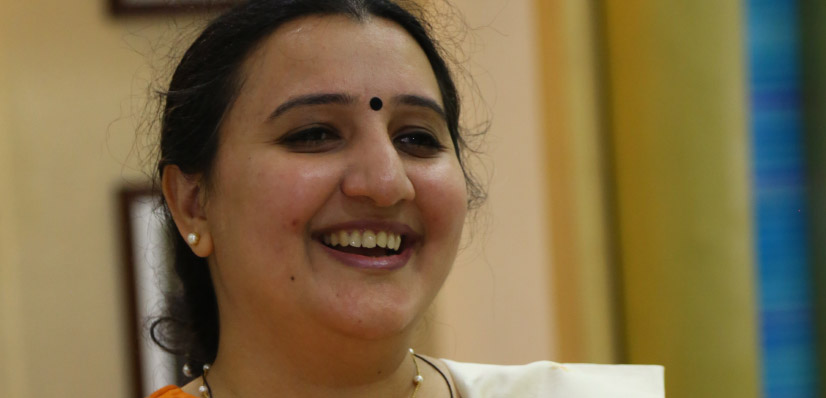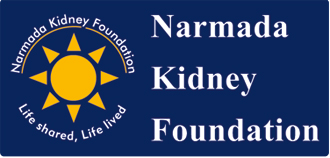
Who Can Donate After Death?
Myths & Facts Decoded – Part I
Who Can Donate?
Virtually anyone can become a donor. Your Medical condition at the time of death will determine what organs and tissues can be donated for transplant or scientific research.
What can keep me from being an organ donor such as age, illness or physical defects?
Each person’s medical condition is evaluated at the time of their death to determine what organs and tissues are viable for donation. People living with chronic diseases or those who have a history of cancer or other serious diseases are still encouraged to join the donor registry.
What organs and tissues can I donate?
One organ donor can save up to eight lives. One eye and tissue donor can save or improve the lives of up to 50 people. This means an organ, eye and tissue donor can potentially impact the lives of 58 people! Organ that can be donated for transplantation include kidneys, heart, lungs, liver, small bowel (intestines) and pancreas. Tissues that can be donated include eyes, heart valves, bone, skin, veins and tendons.
What is meant by brain death?
Brain death occurs in patients who have suffered a severe injury to the brain as a result of trauma or some other medical cause. As a result of the injury the brain swells and obstructs it’s own blood supply. Without blood flow, all brain tissue dies. Artificial support systems may maintain functions such as heartbeat and breathing for a few days, but not permanently.
Brain death is an established medical and legal diagnosis of death. Brain death is the most common circumstance under which patients donate organs, because while they have been declared dead the mechanical support has maintained blood flow to the organs. This occurs only in the hospital, typically in an intensive care setting.
How is brain death determined?
Doctors examining the patient will conduct a battery of tests to determine whether any brain activity is present. If all brain activity is absent, the patient is dead. The protocol to be declared brain dead is the same whether a person is an organ donor or not.
Will the medical or nursing care be changed because of my decision to be a donor?
No. The quality of your care will not change, regardless of your decision. Organ and tissue recovery takes place after all efforts to save your life have been exhausted and death has been declared. The doctors involved in saving your life are entirely different from the medical team involved in recovering organs and tissues.
Is there an age limit for donating organs?
No set age limit exists for organ donation. At the time of death, the potential donor’s organs are evaluated to determine their suitability for donation. Individuals in their 80s and 90s have successfully donated organs including liver and kidneys to save the lives of others. You must be 18 years of age to express your desire to donate.
People of any age wishing to become organ and tissue donors should inform their families that they wish to donate.
How to become an organ donor after death?
One can pledge to be an organ donor by signing an organ donor card available from any of the organizations like Narmada Kidney Foundation (NKF), Zonal Transplant Coordination committee (ZTCC), National organ transplantation organization (NOTTO), It is not only important that you sign the organ donor card but it is also important to inform your family or next of kin regards your decision and take their signature on the card with their contact details noted on the card.
If I carry an organ donor card will my organs be taken without asking my family?
No. Even though if you carry a donor card, your immediate family members and close relatives will be asked for donation of organs and tissues. The consent is mandatory from the person lawfully in possession of the dead body, before donation can be carried out. If they refuse, then organ donation will not take place.
Written By : Dr. Shruti Tapiawala (Consultant Nephrologist)
